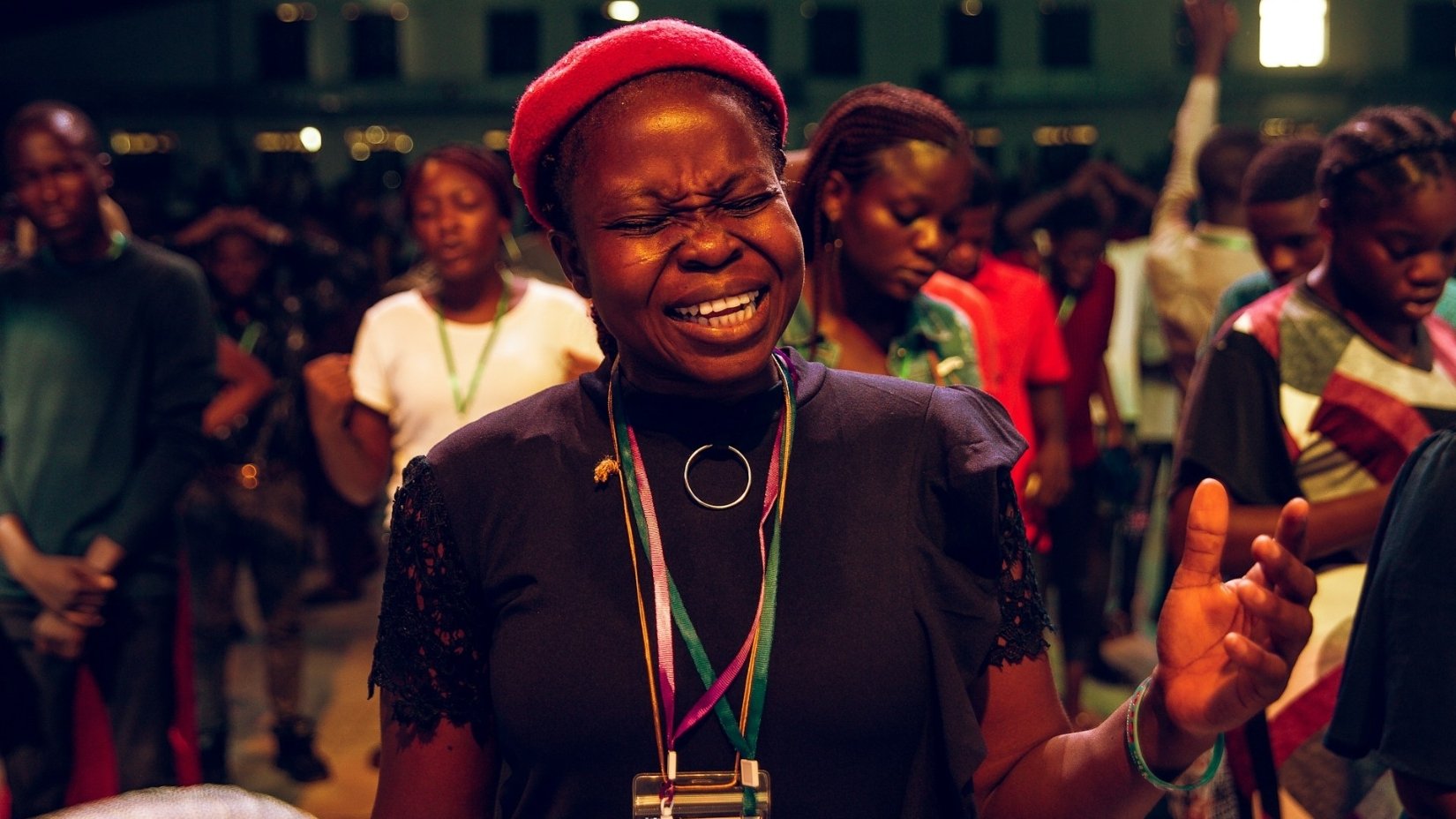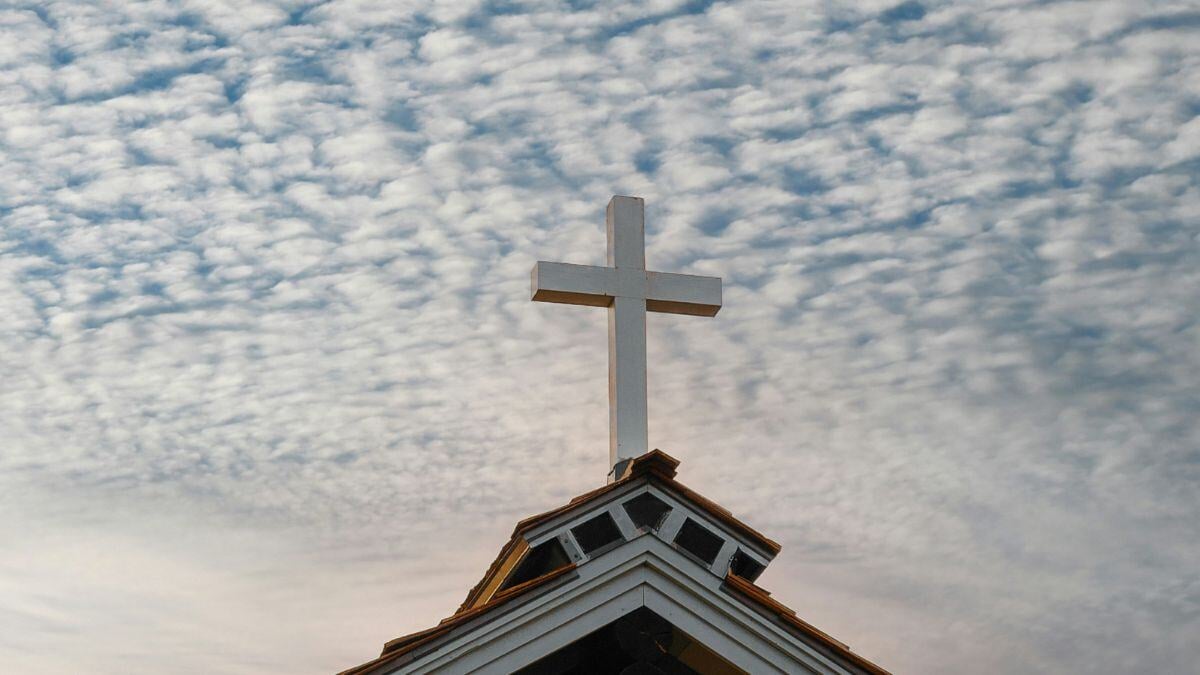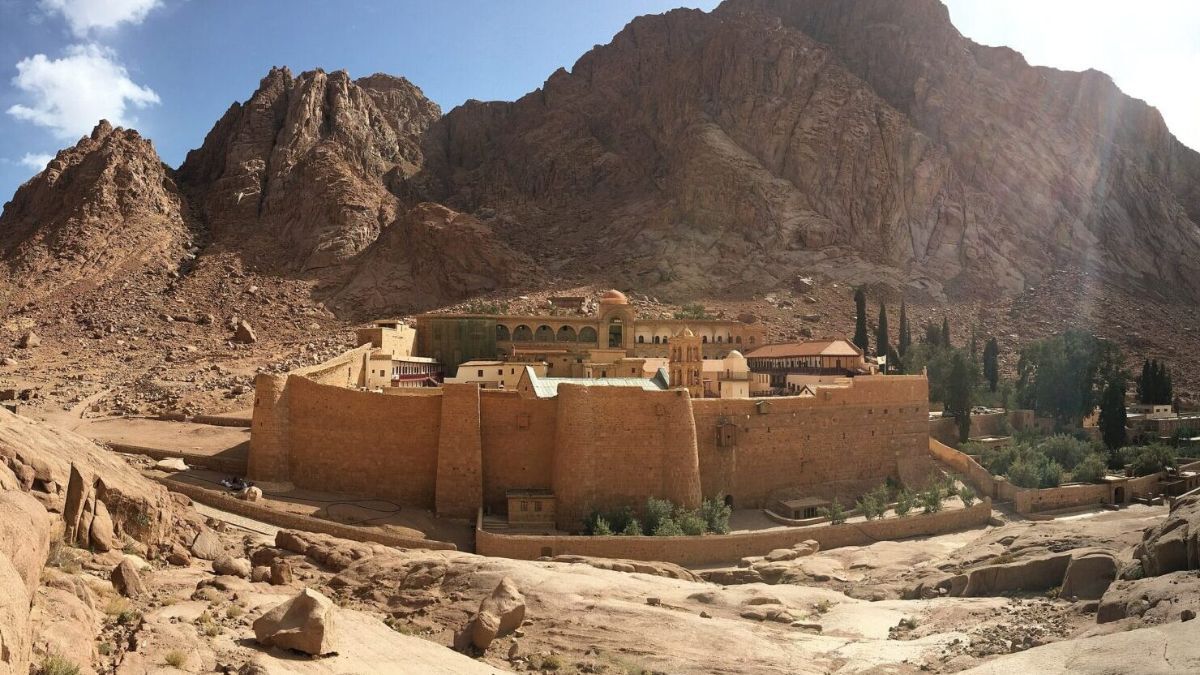Persecution in Nigeria
Author: John Stonestreet and Dr. Timothy D. Padgett

Authors: John Stonestreet
October 27 is International Religious Freedom Day. It is a date with a long, checkered history. On this day in 1988, President Bill Clinton signed the International Religious Freedom Act into law.
Also on this day, in AD 312, Constantine the Great had his vision of the Cross, which led to his conversion to Christianity and, eventually, the Edict of Milan, which legalized Christianity in the empire. On this day in 1553, Michael Servetus was burned at the stake outside of Geneva for heresy. On October 27, 2018, a gunman opened fire at the Tree of Life Synagogue in Pittsburgh, killing eleven and injuring six.
Religious freedom is affirmed in many international documents, including the Universal Declaration of Human Rights and the International Covenant on Civil and Political Rights. It is a freedom that is recognized, to various degrees, by nations across the globe. However, religious freedom is in a precarious place worldwide and under constant threat.
The shocking rise of anti-Semitism across the globe is an obvious example, but there are others. In 2014, ISIS committed unspeakable crimes against the Yezidis. Their actions meet the formal criteria for being labeled genocide. In 2017, Rohingya Muslims also faced genocide, which led many to flee to Bangladesh. More recently, Muslims in Bangladesh terrorized the Hindu community there, and in China, Uyghur Muslims and practitioners of Falun Gong continue to face severe persecution. The list, tragically, goes on.
By far, the most widely persecuted religion around the world is Christianity. According to Open Doors USA, over 380 million Christians, or about one in seven globally, face high levels of persecution, including one in five African Christians and two in five in Asia. So far this year, in just the first 220 days of 2025, more than 7,000 Nigerian Christians have been brutally killed in what international observers and advocacy groups are calling a “Christian genocide.”
On June 13, at least 200 Christians were killed in a single day in the Nigerian village of Yelwata. In March and April, more than 250 Christians were slaughtered in coordinated attacks on churches and villages during Palm Sunday services in northern and Middle Belt regions of Nigeria. Survivors described gunmen storming worship services, hacking victims with machetes, and burning families alive in their homes.
The persecution of Christians is happening in other African nations as well. In February, more than 70 worshippers were beheaded in the Democratic Republic of Congo when ISIS-affiliated rebels stormed a Protestant church in Kasanga, North Kivu, during a service. The dead included women and children.
In Syria this past June, an ISIS suicide bomber detonated explosives during Sunday liturgy at Mar Elias Greek Orthodox Church, killing more than 20 worshippers and injuring dozens more. Eyewitnesses, including a surviving woman who refused to flee despite threats, described the blast ripping through the congregation mid-prayer, with shrapnel embedding in icons and pews.
Across the Muslim world, Christians and other religious minorities are regularly subject to discrimination. In Pakistan, blasphemy laws are used to target Christians. Accusations of blasphemy often result in mob action and require little evidence. At least 20 Christians remain imprisoned there on false blasphemy charges, and a reported spike in abductions has targeted Christian girls (some as young as 12), who are kidnapped, raped, and forcibly converted to Islam. In India, supposedly a democratic nation, the Hindu Nationalist Party has pushed anti-conversion laws that criminalize Christians for sharing their faith.
Though the United States does not rank on global persecution lists, there are reports of societal hostility, vandalism, and perceived government bias against Christians. These incidents are often tied to cultural debates over abortion, LGBTQ rights, and religious expression. The Family Research Council has documented a surge in attacks on churches, over 1,400 since 2018. Many attacks go unreported, and motives vary from anti-abortion backlash to general anti-religious sentiment.
All of this is why International Religious Freedom Day is so important. The freedom to live out of our deeply held religious beliefs is a good gift that Christianity gave the world. This freedom is constantly being attacked and eroded, and American believers are in a unique position to argue for religious freedom and to support believers in places where it is most in jeopardy.
A great way to celebrate International Religious Freedom Day is to tell someone why religious freedom is so important. Also, please take the time to pray for persecuted religious minorities around the world, especially our brothers and sisters in Christ.

Author: John Stonestreet and Dr. Timothy D. Padgett

Author: John Stonestreet | Dr. Glenn Sunshine

Authors: John Stonestreet and Dr. Timothy Padgett